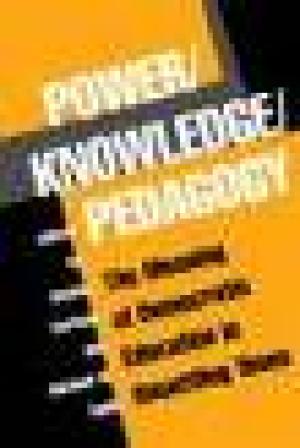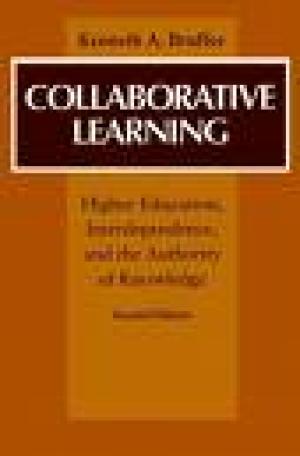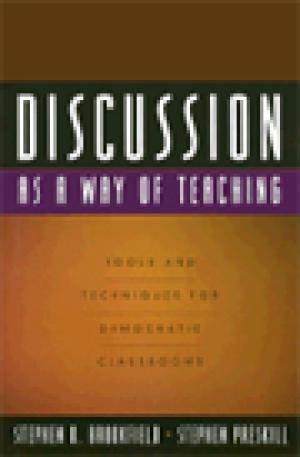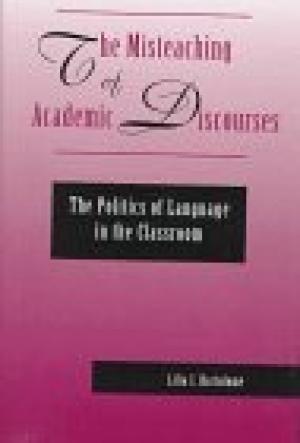Resources

This book represents some of the last writings by Paulo Freire, who has been acclaimed one of the most important educators of the 20th century. Pedagogy of the Heart is filled with Freire's reminiscences of his early life and meditations "under my mango tree." Many of these will be familiar themes to those who have walked with Freire before. For those coming to his work for the first time, Pedagogy of the Heart will open new doors to the interrelations of education and political struggle. Further enhancing the text are substantive notes by Ana Maria Araujo Freire. (From the Publisher)

Drawing on media studies, literary theory, and the work of psychoanalytical feminist theorist Shoshana Felman, Ellsworth (curriculum and instruction, U. of Wisconsin-Madison) portrays the work of pedagogy as a performance practice. She argues that pedagogy's mode of address - its positioning of teachers and students in relation to one another - is crucial in the success or failure of education efforts. (From the Publisher)

The essays in this volume explore the educational implications of unsettling shifts in contemporary culture associated with postmodernism. These shifts include the fragmentation of established power blocs, the emergence of a politics of identity, growing inequalities between the haves and the have-nots in a new global economy, and the rise in influence of popular culture in defining who we are. In the academy, postmodernism has been associated with the emergence of new theoretical perspectives that are unsettling the way we think about education. These shifts, the authors suggest, are deeply contradictory and may lead in divergent political directions—some of them quite dangerous Power/Knowledge/Pedagogy examines these issues with regard to four broad domains of educational inquiry: state educational policy and curriculum reform, student identity formation, the curriculum as a text, and critical pedagogy. The book contributes to the dialogue on the forging of a new commonsense discourse on democratic educational renewal, attuned to the changing times in which we live. (From the Publisher)

The author argues for collaborative learning at the college and university level, a method which engenders interdependence among peers rather than cultivating passivity, authoritarianism, irresponsibility, and hyper-competitiveness. (From the Publisher)

Offers a variety of practical ideas, tools, and techniques for creating democratic classrooms. The authors suggest exercises to get discussion started, strategies for maintaining its momentum, ways to elicit a diversity of views and voices, ideas for creative groupings and formats, and processes to encourage student participation. In exploring the role of the teacher in discussion, they address the tensions and possibilities arising from ethnic, cultural, social class, and gender difference. Throughout, they emphasize how discussion fosters democratic participation and enhances learning, and they review how to balance the voices of students and teachers. (From the Publisher)

Bartolome explores issues in teaching working-class minority students the mainstream academic ways of speaking necessary for success in school. Drawing from her own experience as a white teacher of Mexican- American students, she reveals the veiled antagonism between students and teacher, emphasizes the political dimensions of language, and critiques the dominant deficit ideology that underlies the cultural difference explanation of academic underachievement among linguistic minority students. (From the Publisher)